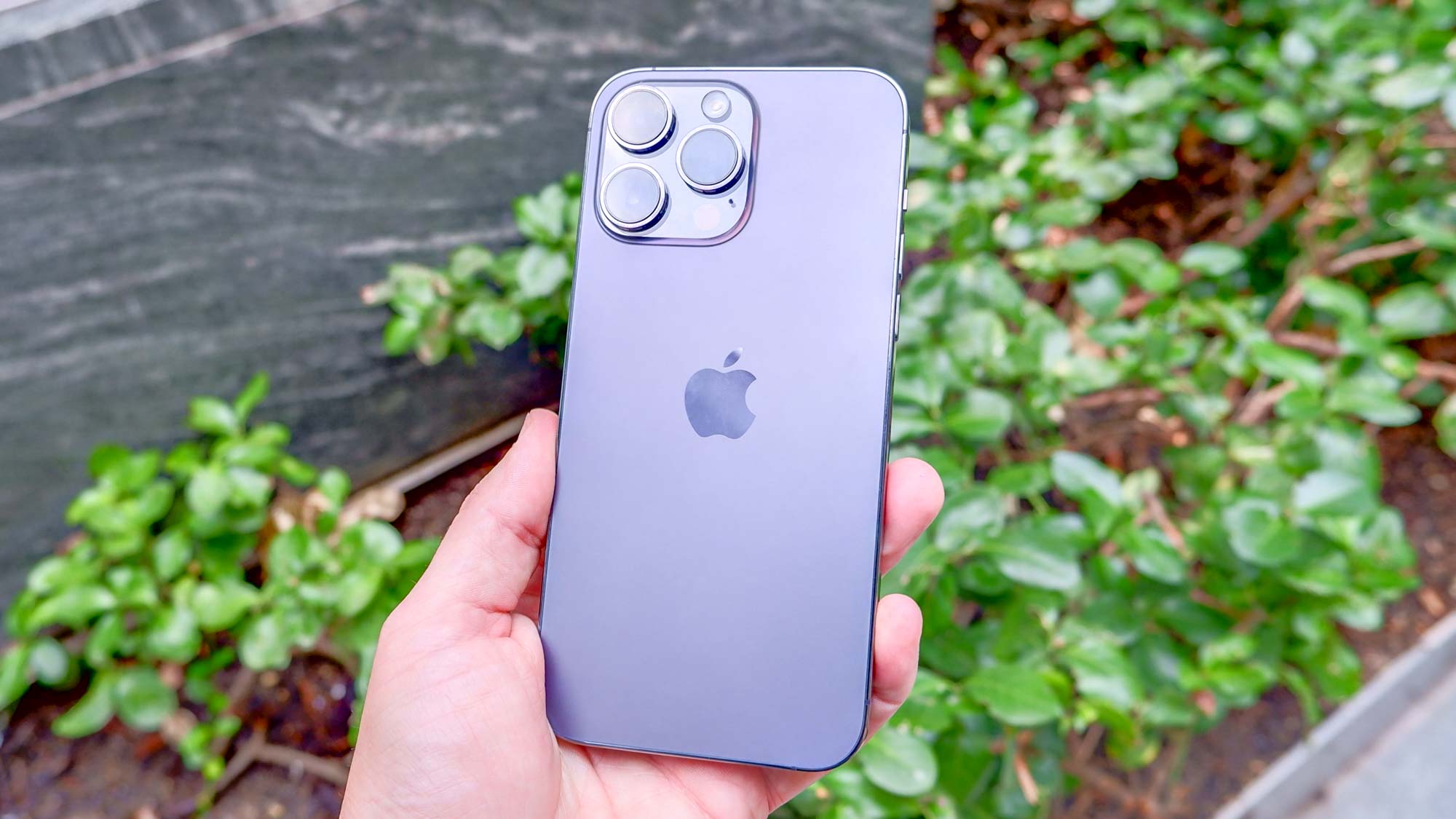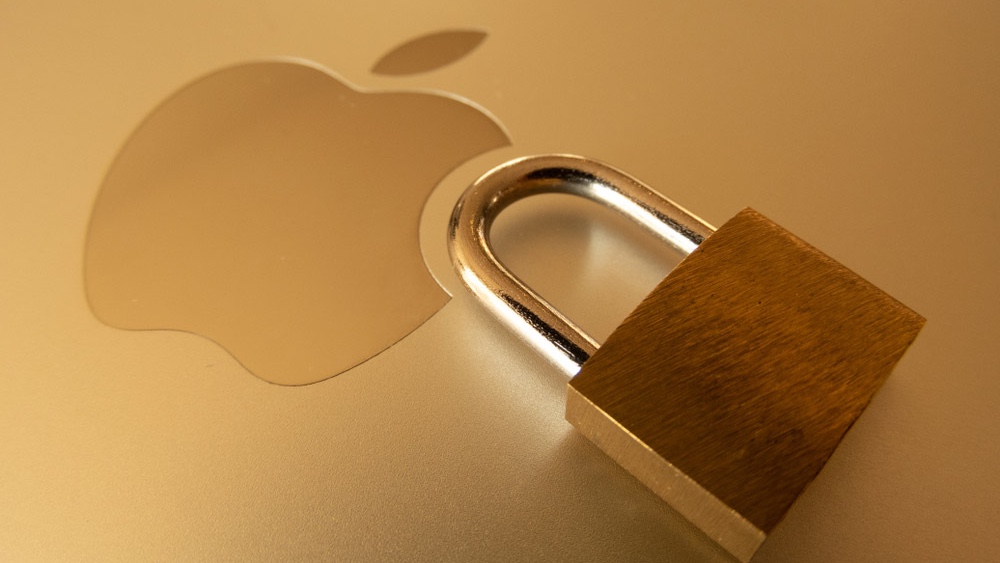iOS 16.6 fixes over a dozen security flaws — don't wait to update your iPhone
Two of the 16 flaws are being actively exploited by hackers in their attacks

Apple has released iOS 16.6 and while this update only comes with a few new features ahead of iOS 17, you’re not going to want to skip it. This is because it addresses more than a dozen security flaws, including two that have been actively exploited by hackers.
iOS 16.6 contains fixes for a total of 16 security flaws in Find My, WebKit, Apple Neural Engine and more. Although Apple doesn’t discuss security issues with the best iPhones until after users have had a chance to patch them, a support document does shine a bit more light on the types of flaws that have been fixed in iOS 16.6.
Of these flaws, two are considered quite serious as the company is aware of reports that they have been used by hackers in their attacks. The first is a WebKit flaw (tracked as CVE-2203-37540) while the other is a Kernel flaw (tracked as CVE-2023-38606).
If the first flaw sounds familiar, this is because Apple tried to address it in a Rapid Security Response update earlier this month. However, this update led to some websites not displaying properly and Apple had to re-release the emergency security update intended to fix the flaw a few days later.
In addition to fixing 16 different flaws, Apple is also rolling out iMessage Contact Key Verification with iOS 16.6. This new security feature can also help keep you safe online and in the real world as it lets you verify that the person you’re texting with in iMessage really is who they say they are.
Since these two zero-days have already been used by hackers in their attacks, you’re going to want to install iOS 16.6 as soon as possible.
How to keep your iPhone safe from hackers

Keeping your iPhone up to date by installing the latest security patches and updates from Apple is one of the easiest ways to stay safe from hackers. This is because hackers and other cybercriminals like to target individuals running outdated software since the exploits they’ve developed for zero-day flaws can still be used successfully.
Sign up to get the BEST of Tom's Guide direct to your inbox.
Get instant access to breaking news, the hottest reviews, great deals and helpful tips.
As BleepingComputer points out, 11 different zero-day vulnerabilities which affect Apple devices have been exploited by hackers in their attacks so far this year. Apple is doing a great job of rolling out timely fixes for them but ultimately, it’s up to you as the end user to install them.
Although you can use the best Mac antivirus software to keep your Apple computer safe from malware and malicious apps, the same can’t be said for your iPhone or iPad due to Apple’s own restrictions. However, there is a workaround. Both Intego Mac Premium Bundle X9 and Intego Mac Internet Security X9 can scan an iPhone or iPad for malware when they’re connected to a Mac via a USB cable.
Besides these recommendations, avoid clicking on links or downloading attachments from unknown senders when checking your inbox, as they could contain malware or other viruses.
Apple’s devices may have a reputation for being safer than their Windows or Android counterparts, but hackers have begun developing new attacks designed specifically to target iPhones and Macs. This is why you can’t afford to let your guard down and a big part of this involves installing security patches when they’re released instead of putting off these important updates.
More from Tom's Guide

Anthony Spadafora is the managing editor for security and home office furniture at Tom’s Guide where he covers everything from data breaches to password managers and the best way to cover your whole home or business with Wi-Fi. He also reviews standing desks, office chairs and other home office accessories with a penchant for building desk setups. Before joining the team, Anthony wrote for ITProPortal while living in Korea and later for TechRadar Pro after moving back to the US. Based in Houston, Texas, when he’s not writing Anthony can be found tinkering with PCs and game consoles, managing cables and upgrading his smart home.